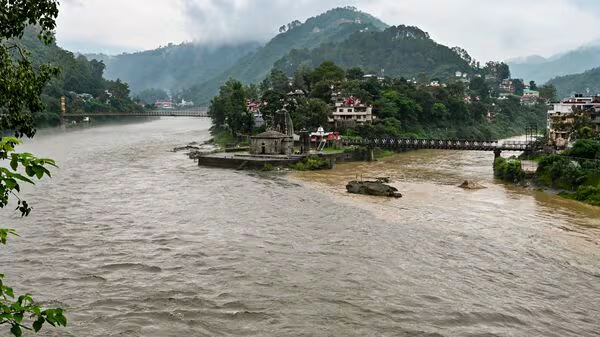Operation Sindoor: India’s Decisive Response to the Pahalgam Terror Attack
- Abhishek

The Pahalgam Tragedy: A Nation in Mourning
On April 22, 2025, the serene Baisaran Valley near Pahalgam in Jammu and Kashmir became the site of a horrific terror attack. Five armed militants opened fire on a group of tourists, resulting in the deaths of 26 individuals, including a Nepali citizen. The attackers, affiliated with The Resistance Front—a proxy of Lashkar-e-Taiba—specifically targeted non-Muslim tourists, making it one of the deadliest civilian attacks in the region since the 2008 Mumbai attacks.
In the face of this tragedy, stories of heroism emerged. Local guide Nazakat Ahmad Ali Shah risked his life to save 11 tourists, including the daughter of a prominent political leader. His cousin, Syed Adil Hussain Shah, sacrificed his life while attempting to protect others. These acts of bravery highlighted the resilience and spirit of the local population amid overwhelming despair.
Operation Sindoor: Strategic Precision
In response to the Pahalgam attack, India executed Operation Sindoor, targeting nine locations associated with terrorist groups such as Lashkar-e-Taiba and Jaish-e-Mohammed. The operation commenced early on May 7, 2025, lasting approximately 23 minutes, involving coordinated efforts from the Indian Army, Navy, and Air Force, with Rafale jets equipped with precision-guided munitions leading the operation.
Key targets included Muridke and Bahawalpur, known strongholds of these terror groups in Pakistan’s Punjab province and Pakistan-administered Kashmir. India reported the elimination of over 70 militants and injuries to more than 60 others, significantly degrading the operational capabilities of the targeted groups. This decisive action was marked by precision and minimal collateral damage, demonstrating India’s commitment to targeting terrorist infrastructure directly involved in planning attacks against its citizens.
Pakistan’s Response and Escalation
Pakistan condemned the strikes as an “act of war,” reporting civilian casualties and claiming to have shot down several Indian fighter jets—a claim that India denied categorically. In retaliation for the airstrikes, Pakistan launched artillery strikes into Indian-administered Kashmir, resulting in civilian casualties on both sides. The escalating tensions have raised alarm bells not just in South Asia but in the international community, where concerns about regional stability have intensified.
International Reactions and Concerns
The escalation between India and Pakistan has garnered global attention, with both nations being nuclear-armed. The United Nations, along with countries like the United States, has called for restraint and urged both sides to de-escalate tensions. Diplomatic channels have been stressed as vital avenues for dialogue to prevent further violence, emphasizing the need for immediate and effective diplomatic intervention to address the root causes of the conflict.
The Road Ahead
Operation Sindoor underscores India’s stance on countering cross-border terrorism. It reflects the fragile state of India-Pakistan relations, particularly concerning the longstanding Kashmir conflict. The situation remains tense, with both nations on high alert. The international community continues to monitor developments closely, advocating for dialogue and peaceful resolution to prevent further escalation.
As India prepares its next steps, it is clear that the actions taken in the wake of the Pahalgam attack will shape not only the military landscape but also the political dynamics in the region. Bridging the gap between short-term military responses and long-term solutions is essential to ensure that the sacrifice of those affected by terrorism is honored by a commitment to peace and stability.








